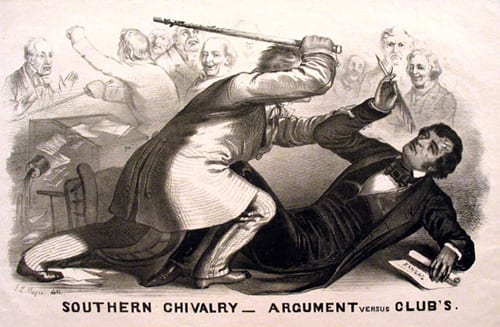The Forgotten Slave Owners: Tracing British history before the abolition of slavery
By ucypndo, on 9 June 2017
Written by Natasha Downes, Media Relations Manager, UCL
Most British history has focused on the abolition of slavery, forgetting 200 years that preceded it where Britain played a lucrative role in the transatlantic slave trade.
But a team of researchers at the UCL Centre for the Study of the Legacies of British Slave-ownership (UCL project) have been working to uncover a history that Britain has been quick to forget; the story of slave owners.
Curious to know more I attended the UCL Festival of Culture event entitled ‘Bloomsbury’s Forgotten Slave Owners’, to hear more about the UCL project and watch an excerpt of the BAFTA-winning documentary series, Britain’s Forgotten Slave-owners.
Why focus on slave owners?
Focusing on Britain’s slave owners may seem like an odd concept but as Dr Nick Draper (UCL History and Director of the project), points out it’s by “rethinking these aspects of British history that we can think about how wealth has been distributed economically, physically and socially.”
Over almost 10 years the UCL project team have been unravelling the vast records of information kept on British slave owners at The National Archive, Kew, which they have curated into an accessible online database. Here, there are the names of 46,000 slave owners that were recorded after the abolition of slavery in 1838.
Through the documentary we hear the uncomfortable story of how the abolition of slavery brought about the compensation of those 46,000 slave owners to the sum of £17 billion in today’s value, which Dr Draper highlights as “the biggest bailout since the banking bailout in 2009”. Those that were enslaved were not rewarded compensation, and still to this day the contention over repatriations remains.
 Close
Close




